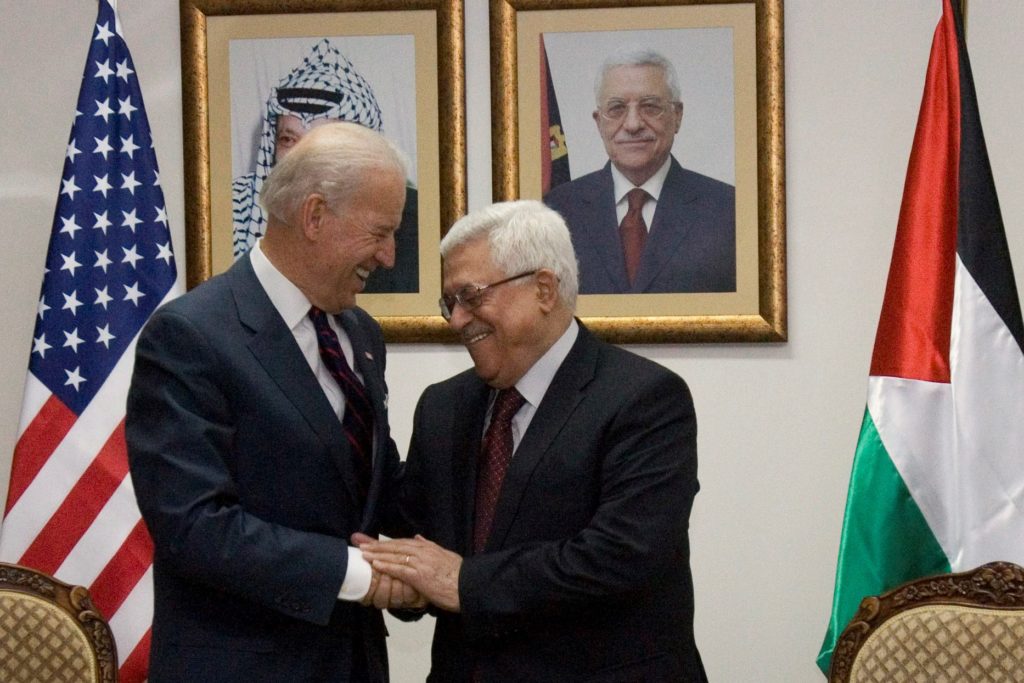The acting U.S. ambassador to the UN seemed to downplay the success of the Abraham Accords.
By Batya Jerenberg, World Israel News
The Biden administration’s Acting American Ambassador to the UN Richard Mills, speaking at the monthly Security Council meeting on the Middle East Tuesday, appeared to reset the clock on Arab-Israel relations to a time before the Abraham Accords upended decades of “expert” assumptions.
The Abraham Accords came as a surprise to critics of White House peace efforts. Trump’s Mideast team, led by senior Trump advisor and son-in-law Jared Kushner, rejected the long-held assumption that no breakthrough between Israel and the Arab states could be expected until the Palestinian problem was solved.
Instead, the Trump White House went around the Palestinians and negotiated directly with Arab states. Ultimately, four Muslim states joined the Abraham Accords. More countries were reportedly to join but the Trump administration ran out of time as it was defeated in the November 2020 elections.
However, Mills signaled that the Biden team was going back to an old way of thinking, saying the new administration will encourage the two-state solution. “This will involve renewing U.S. relations with the Palestinian leadership and Palestinian people, relations which have atrophied over the last four years,” he said.
He said the U.S. will restore “U.S. assistance programs that support economic development and humanitarian aid for the Palestinian people and to take steps to re-open diplomatic missions that were closed by the last U.S. administration. ” He said such steps help “preserve a stable environment that benefits both Palestinians and Israelis.”
This is a reversal of the actions taken by former President Donald Trump, who closed the PLO mission in Washington and the U.S. consulate in Jerusalem, cut off aid to the Palestinians in Judea and Samaria and Gaza and ceased funding UNRWA — all in an attempt to hold the Palestinian Authority (PA) accountable for its actions, including its notorious pay-for-slay program in which it financially supported terrorists and their families.
Only at the end of his remarks did Mills mention the Abraham Accords, and then not by name, downplaying the Trump administration’s position that Arab countries such as the UAE, Bahrain, Sudan and Morocco, having established ties with Israel, would be able to kickstart an overall Middle East peace.
“The United States will continue to urge other countries to normalize relations with Israel,” he said. “We recognize that Arab-Israeli normalization is not a substitute for Israeli-Palestinian peace.”
After the UAE broke the ice by being first to sign the Accords that he helped broker, Jared Kushner called it a “historic breakthrough” whose overriding significance was that it has inspired people “to see that peace is possible.”
All the countries that have signed the Accords have talked of its importance to the region. When Sudan signed, the statement put out by its cabinet said, “The declaration stipulates the necessity to consolidate the meanings of tolerance, dialogue and coexistence between different peoples and religions in the Middle East region and the world, in a way that serves the promotion of a culture of peace.”
In comments that sounded as if he was speaking two decades ago, Mills said, “The United States looks forward to working with Israel, the Palestinians, Security Council Members, the Quartet, and the new UN Special Coordinator for the Middle East over the next several years.”
Historically, these actors have held Israel responsible for the conflict, forcing it to make concessions to the Palestinian side in a process that never led to a peace deal as the PA continued to up its demands.


